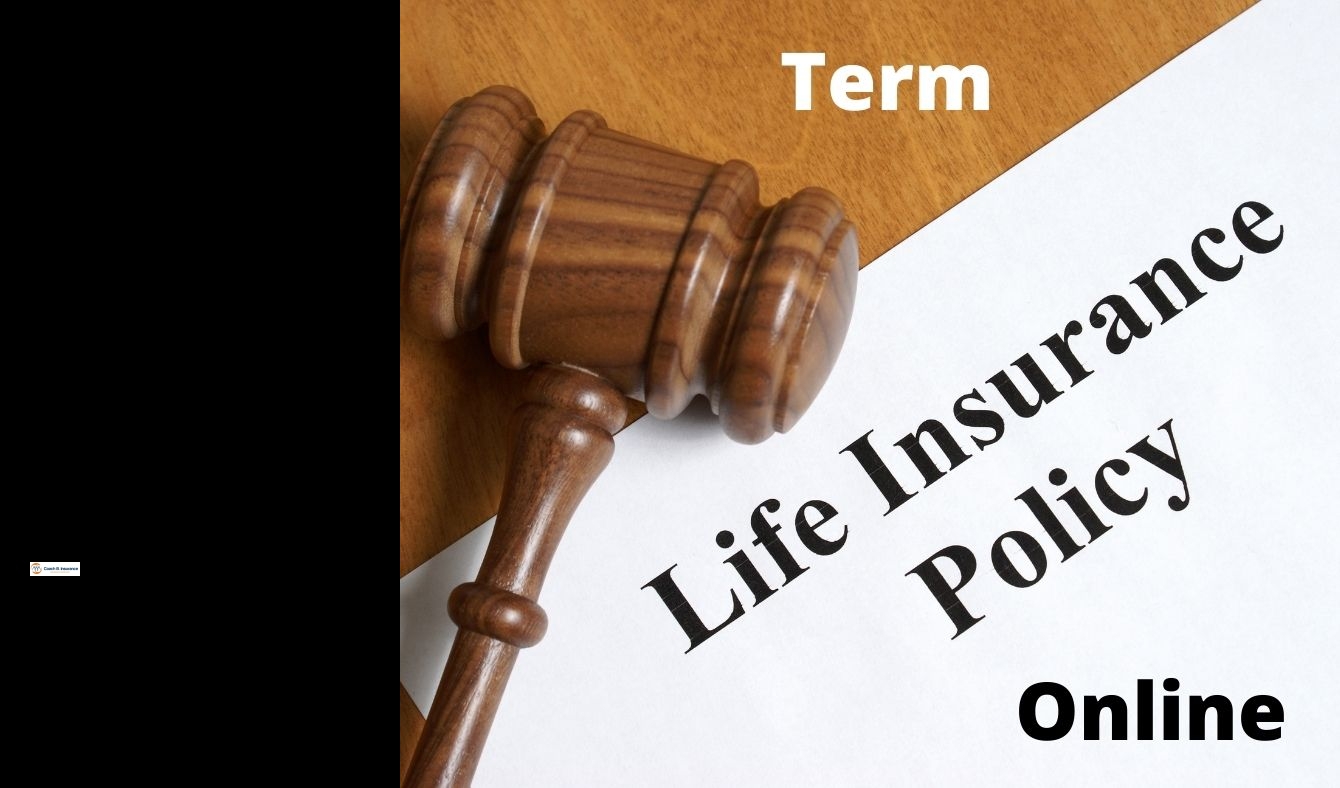can i sell my term life insurance policy for cash
Term insurance is easy to understand. It's also simple to find and compare quotes for life insurance. The policy covers you for the entire term of the policy as long you pay the premium. Three important decisions are required: how much coverage you need for life, how long you would like the range to last, and what type of insurer you wish to work with.
Two standard life insurance policies don't require a medical exam: simplified issue and guaranteed issue. Understanding what they offer and their differences can help you decide which no medical exam life insurance policy will work best for your needs.



